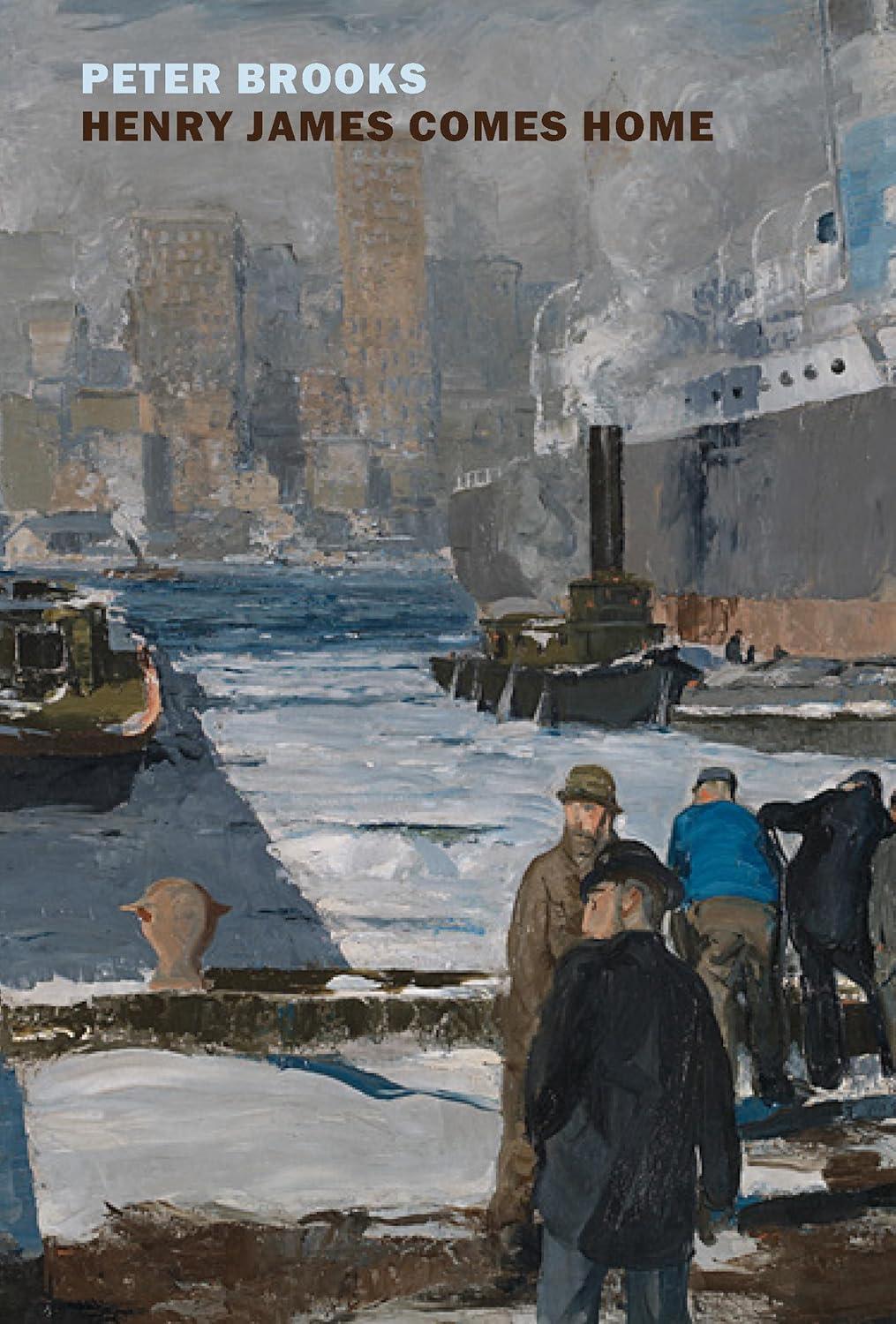For James, American hotels exist not to fulfill guests’ desires but to discipline, even determine those desires. Places like the Breakers or the Waldorf-Astoria, where James also stayed on his trip, might suggest illicit adventure — secret trysts! backroom deals! — but they actually produce a standardized, lifeless version of luxury. You can have a good meal but only if you show up at the right time; you can delight in “a high refinement of service” but only if you are refined enough — which is to say, boringly, suitably decent enough — to know what kind of service you should want. (American hotels ask only two things of you, he writes: first, that you have money; second, that you “be presumably ‘respectable,’ be, that is, not discoverably otherwise.”)
For James, the Breakers is the perfect distillation of what he calls elsewhere in The American Scene the “hotel-spirit” or “hotel-civilization”: a typically American realm of existence defined by “the rigour with which any appearance of pursued or desired adventure is kept down.” In his excellent new book, Henry James Comes Home: Rediscovering America in the Gilded Age, the eminent literary critic Peter Brooks summarizes James on the leveling effects of hotel-spirit: “The promise of America, for those who have made the money to indulge in what has been defined for them as ‘pleasure,’ seems to have resulted in a stultifying sameness.
The restless analyst detects that the price of hotel-civilization is submission to the tyranny of what management has decided you shall want.” James thought hotel-civilization produced “a stultifying sameness.” Imagine what he’d make of algorithm-civilization.
In Henry James Comes Home, Brooks has two main goals: first, “to re-create James’s American journey” of 1904-5; second, to “say something about that experience,” analyzing “what James made of what his native land was in the way of becoming.” This blend of biography and criticism is appropriate given that The American Scene shuttles between these modes on every page. “History is never, in any rich sense, the immediate crudity of what ‘happens,’” James writes, “but the much finer complexity of what we read into it and think of in connection into it.” For James, biography is criticism (we don’t report a life but read it) and criticism is biography (we read filtered through our own experiences and subjectivity).

